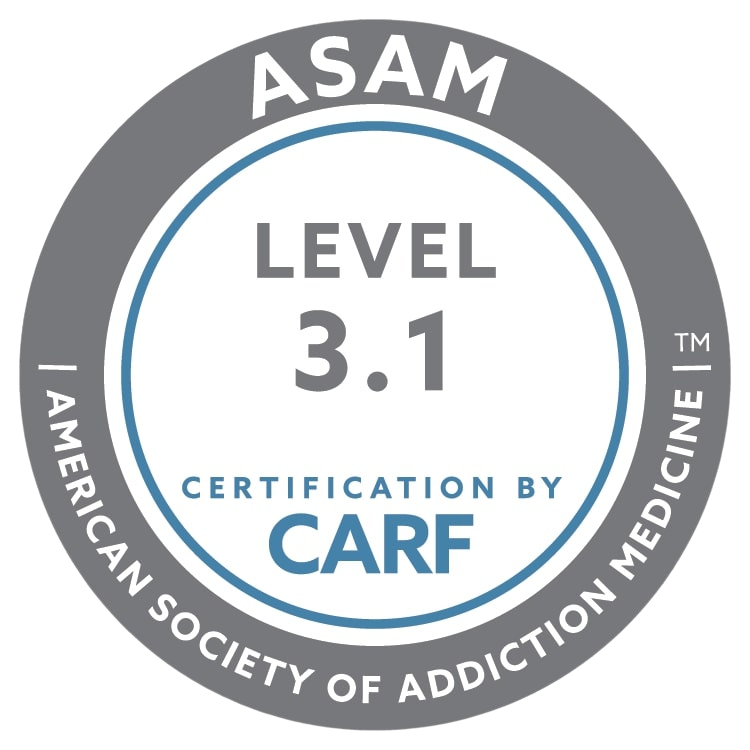Drug overdose isn’t just a statistic; it’s a haunting reality that relentlessly plagues our communities. With each passing year, the toll of drug overdoses continues to escalate, underscoring the urgent need for awareness and action.
From the opioid crisis to the resurgence of synthetic substances, the issue is staggering. Here, we explore the complexities of drug overdose and its complications.
Understanding Drug Overdose
A drug overdose occurs when an individual consumes a quantity of a substance that exceeds the body’s ability to metabolize it safely, resulting in adverse effects, and potentially leading to death.
Intentional overdoses are deliberate acts, often associated with suicidal intentions, where individuals purposefully consume substances in excess. Accidental overdoses, on the other hand, happen unintentionally, often due to misjudgment of dosage or mixing substances.
Common substances involved in overdoses include prescription medications like opioids, benzodiazepines, and stimulants, as well as illicit drugs such as heroin and cocaine. Alcohol overdoses are also prevalent, especially when consumed excessively, leading to alcohol poisoning and severe health complications.
Complications of Drug Overdose
Drug overdoses can result in immediate and severe health complications, including respiratory depression, cardiac arrest, seizures, and coma, which can lead to death if not promptly addressed. Long-term consequences may include organ damage like lung or heart disease, cancer, cognitive impairment, and increased susceptibility to mental health disorders such as depression and anxiety.
Drug toxicity affects various body systems differently, depending on the substance involved. Opioids, for instance, primarily affect the central nervous system, leading to respiratory depression and decreased heart rate.
Stimulants like cocaine and methamphetamine can cause cardiovascular issues such as high blood pressure, heart rhythm disturbances, and even heart attacks. Alcohol overdose can result in respiratory failure, hypothermia, and irreversible liver damage.
Statistics and Trends in Overdose Deaths
The trends in drug overdose deaths are a cause for great concern. Recent data shows that more than 106,000 individuals in the U.S. died from drug-involved overdose in 2021, both from prescription opioids and illicit drugs. Opioid-related overdose deaths have also been rising since 2010, with significant increases between 2020 and 2021.
The rise in overdoses involving opioids and other controlled substances represents a concerning trend in public health. The surge in opioid use disorder and overdoses is driven largely by the widespread availability and misuse of prescription painkillers like oxycodone and hydrocodone, as well as illicit opioids such as heroin and fentanyl.
Contributing factors to this rise include overprescribing by healthcare providers, pharmaceutical marketing practices, and socioeconomic factors such as unemployment and poverty. Additionally, the emergence of highly potent synthetic opioids like fentanyl has worsened the crisis, as even small amounts can be lethal.
The increased availability of these substances through illicit markets, coupled with the stigma surrounding addiction and limited access to treatment, further complicates efforts to address the epidemic.
Factors Contributing to Drug Overdose
Several factors contribute to the heightened risk of overdose, with substance misuse, polydrug use, and varying alcohol content in beverages playing significant roles.
Substance misuse, characterized by the non-medical use of prescription drugs or the consumption of illicit substances in excessive amounts, greatly increases the likelihood of overdose.
Polydrug use, which involves the simultaneous ingestion of multiple substances, exacerbates this risk as interactions between different drugs can amplify their effects, leading to unpredictable and potentially fatal outcomes.
Moreover, varying alcohol content in beverages poses a danger, as individuals may underestimate their alcohol intake or inadvertently consume beverages with higher alcohol concentrations, increasing the likelihood of alcohol poisoning and overdose.
Prevention and Response to Drug Overdose
Preventing drug overdoses requires a more elaborate approach involving education, intervention, and harm reduction strategies.
Strategies to Prevent Drug Overdoses
Some strategies for preventing drug overdoses are as follows:
Education and Awareness: Promote public awareness campaigns to educate individuals about the risks associated with drug use, the signs of overdose, and how to respond in emergencies.
Access to Treatment: Improve access to substance abuse treatment programs, including medication-assisted treatment (MAT) for opioid addiction, counseling, and support services to address underlying issues contributing to drug misuse.
Safe Prescribing Practices: Implement guidelines and monitoring systems for healthcare providers to promote safe prescribing practices for controlled substances, including opioids, to reduce the risk of addiction and overdose.
Support for At-Risk Populations: Provide targeted support and resources for at-risk populations, including individuals experiencing homelessness, those with co-occurring mental health disorders, and people involved in the criminal justice system.
Emergency Response to Overdoses
Emergency response to overdoses involves prompt action to save lives and minimize harm. When encountering a suspected overdose, it’s crucial to assess the individual’s condition and immediately call emergency services.
Naloxone, an opioid overdose reversal medication, is often administered by first responders to rapidly reverse the effects of opioids, restoring breathing and consciousness. Timely naloxone administration can be lifesaving, but it is not a substitute for emergency medical care.
Following naloxone administration, it’s vital to continue monitoring the individual and provide supportive care until emergency medical personnel arrive. Prompt medical intervention is critical to address any complications, such as respiratory depression or cardiac arrest, and to ensure appropriate treatment and follow-up care for the individual.
Treatment Options: Counseling and Other Therapies
Treatment options such as counseling and therapy play a crucial role in addressing the underlying issues contributing to drug overdoses and supporting individuals in recovery:
Counseling and psychotherapy sessions provide individuals with a safe and supportive environment to explore the root causes of their substance use, identify triggers for drug use, and develop coping strategies to manage cravings and avoid relapse. Various approaches, including cognitive-behavioral therapy (CBT), motivational interviewing (MI), and dialectical behavior therapy (DBT), are commonly utilized to address addiction and co-occurring mental health disorders.
You can also attend group therapy sessions. Group therapy allows individuals to connect with peers facing similar challenges, share experiences, and provide mutual support. There is also family therapy, which involves including family members and loved ones in the treatment process to address family dynamics, improve communication, and strengthen support networks.
Medication-assisted therapy (MAT) can also be used to treat drug addiction. It is a comprehensive approach that combines medications with counseling and behavioral therapies. MAT helps by reducing cravings and withdrawal symptoms, supporting long-term recovery, improving treatment retention, addressing co-occurring disorders, and decreasing the risk of overdose and death.
Conclusion
Ultimately, drug overdose is something that we must all work together to address. With the toll of drug overdoses escalating each year, urgent action and awareness are imperative.
Understanding the complexities of drug overdose, its grave consequences, and exploring avenues for prevention and recovery are crucial. Strategies such as education, access to treatment, medication-assisted treatment, and therapy provide hope in combating this epidemic and fostering a healthier, safer future.
Drug addiction can affect anyone. If you recognize symptoms in yourself or a loved one, do not hesitate to contact us at Freedom Recovery.



